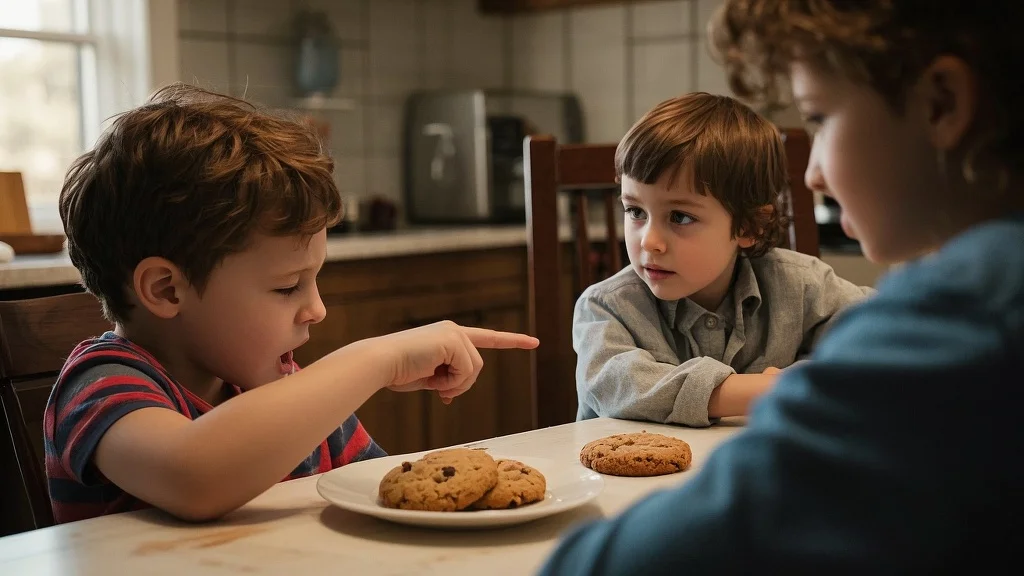It’s a dilemma many parents face: when your child talks back, are they simply testing boundaries—or are they learning something valuable? Let’s explore both sides of the debate and uncover how respectful disagreement can actually be an opportunity for growth.
When Talking Back Can Be Healthy 🌱
Many parents believe that allowing children to talk back—as long as it’s done respectfully—can nurture important life skills:
- Talking back can teach kids to stand up for themselves in safe environments.
- It helps them develop boundaries and learn that authority figures aren’t always right.
- Expressing disagreement builds critical thinking and confidence in communication.
In this sense, “talking back” is not just rebellion—it’s practice for adulthood, where children will need to express their needs and assert themselves in healthy ways.
Why It Can Become a Problem ⚠️
Of course, not all backtalk is constructive. When it turns into constant defiance or disrespect, it can damage family harmony. Common issues include:
- Escalating into power struggles between parent and child.
- Undermining respect if kids are allowed to be consistently rude.
- Creating stress in the household when every request is met with resistance.
The key is to set clear expectations around communication so children understand the difference between respectful disagreement and harmful disrespect.
Balancing Approaches: Practical Tips 💡
Parents can turn “talking back” into a learning opportunity by responding thoughtfully:
- Set clear, consistent boundaries: Define what respectful speech looks like.
- Teach emotional language: Encourage “I feel…” statements instead of yelling.
- Correct behavior, not identity: Say “I don’t like your tone,” not “You’re disrespectful.”
- Use positive discipline: Praise good communication, apply natural consequences for rude behavior.
- Stay calm and empathetic: Respond with understanding rather than anger.
This balance allows children to express themselves without crossing the line into harmful backtalk.
At a Glance: Talking Back—When It Benefits, When It Backfires 📊
| Scenario | Potential Benefits | Risks if Mismanaged |
|---|---|---|
| Respectful disagreement | Builds assertiveness, confidence, critical thinking | May escalate if boundaries aren’t clear |
| Emotional eruption (tantrum-like) | Teaches emotional regulation opportunities | Can foster ongoing defiance if left unchecked |
| Habitual rudeness or power play | Signals unmet needs or lack of boundaries | Disrupts trust and respect in relationships |
Final Thoughts 🌟
So, is it good or bad for children to talk back? The truth is—it’s both.
- Constructive backtalk helps children grow into confident, independent thinkers.
- Disrespectful backtalk can harm relationships and needs to be guided carefully.
With empathy, structure, and consistent communication, parents can transform talking back from a source of conflict into a tool for growth.








